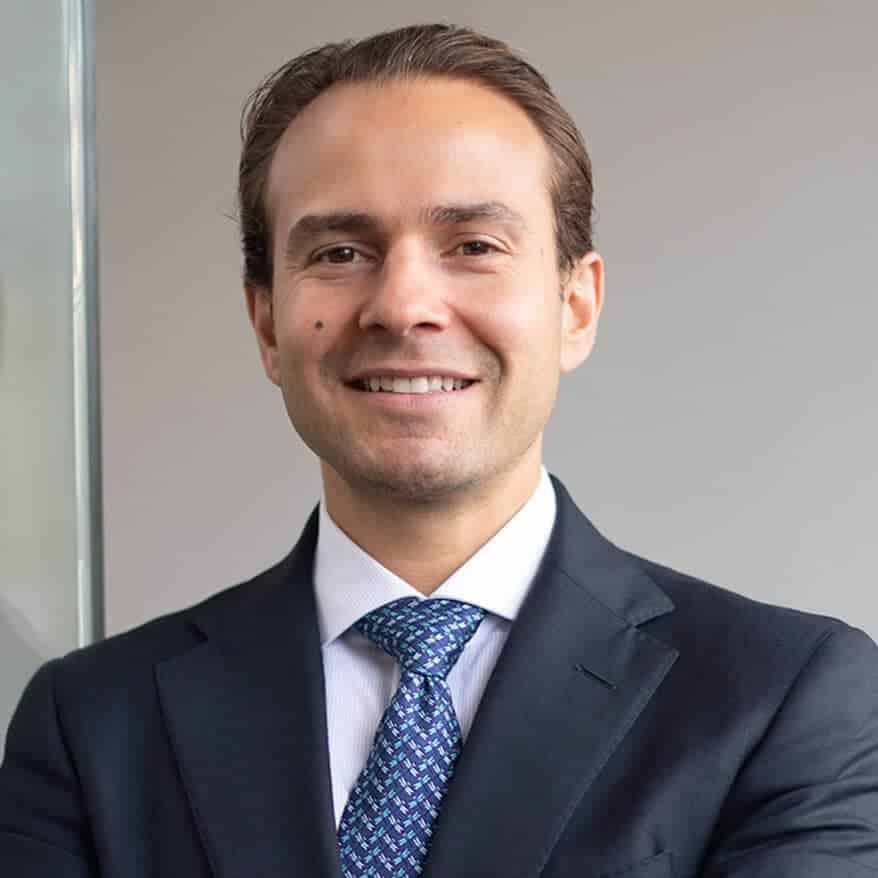Missed Diagnosis of Advanced Colon Cancer
Updated on
Case Overview
This case involves a fifty-six-year-old male patient with a family history of colon cancer. The patient presented to his doctor for a routine colonoscopy screening and the procedure revealed a small polyp in the cecum. The remainder of the test was inconclusive due to suboptimal preparation. The physician recommended that the patient get another colonoscopy in three years. Nine months after the initial colonoscopy, however, the patient developed abdominal pain and chronic anemia. He was taken in for an additional scope that found a large mass in the transverse colon. A gastrointestinal biopsy confirmed the mass to be an adenocarcinoma Grade III with one positive node.
Questions to the Gastroenterology expert and their responses
Was the standard of care breached by the treating physician?
If a screening test finds an abnormality, the health care provider must perform additional tests to stage the disease and develop a plan for intervention. In this case, it seems like the patient should have had regular screenings to catch the suspicious lesion before it progressed to a more advanced level. Had his scheduled colonoscopy gone properly, this diagnosis would have (presumably) been made in a more timely fashion, resulting in a better outcome.
Is it fair to assume that a more thorough workup was warranted, given the poor outcome of the colonoscopy and the patient's risk profile?
Additionally, the physician may recommend a colonoscopy. Further, given this patient's family history, it's reasonable for a physician to order more frequent screenings.
About the expert
This extremely qualified, fellowship trained expert has received his medical training at among the top medical institutions in the country. Over his 25+ year medical career, he has acquired high ranking clinical and academic appointments as well as several high profile professional society memberships such as the American College of Gastroenterology, where is is also a fellow.

E-005898
Specialties:
About the author
Michael Talve, CEO
Michael Talve stands at the forefront of legal innovation as the CEO and Managing Director of Expert Institute. Under his leadership, the Expert Institute has established itself as a vital player in the legal technology arena, revolutionizing how lawyers connect with world-class experts and access advanced legal technology. Michael's role involves not only steering the company's strategic direction but also ensuring the delivery of unparalleled intelligence and cutting-edge solutions to legal professionals. His work at Expert Institute has been instrumental in enhancing the capabilities of attorneys in case preparation and execution, making a significant impact on the legal industry's approach to expert consultation and technological integration. Michael's vision and execution have positioned the Expert Institute as a key facilitator in the intersection of law and technology.
Subscribe to our newsletter
Join our newsletter to stay up to date on legal news, insights and product updates from Expert Institute.
Sign up nowFind an expert witness near you
What State is your case in?
Subscribe to our newsletter
Join our newsletter to stay up to date on legal news, insights and product updates from Expert Institute.



